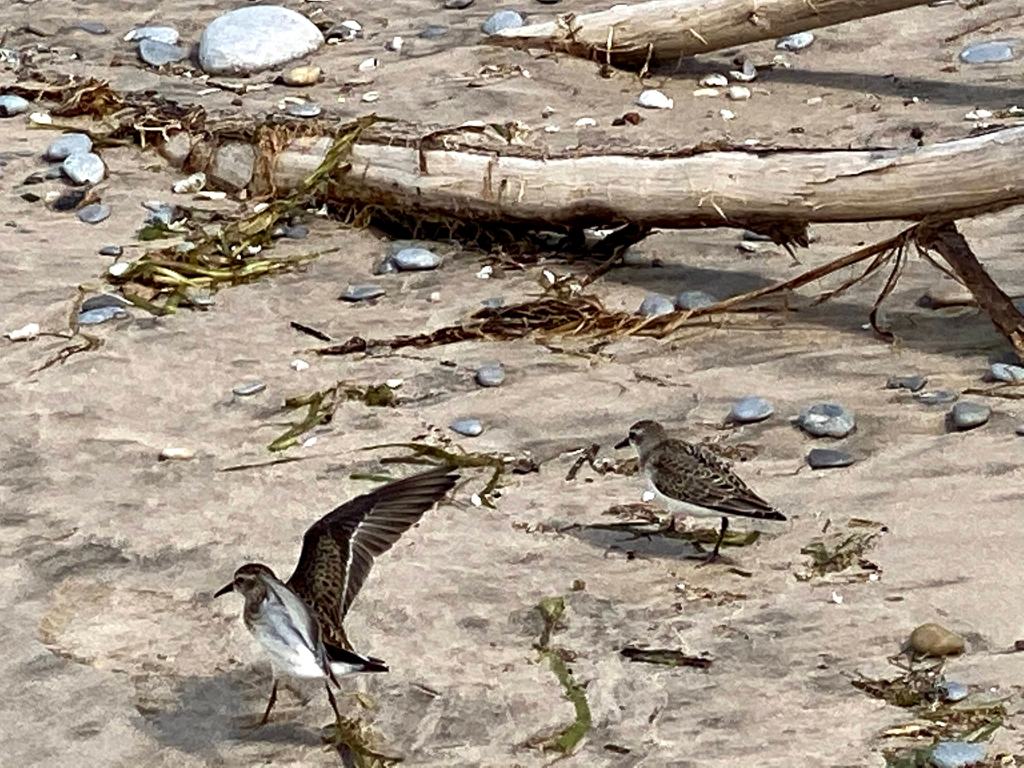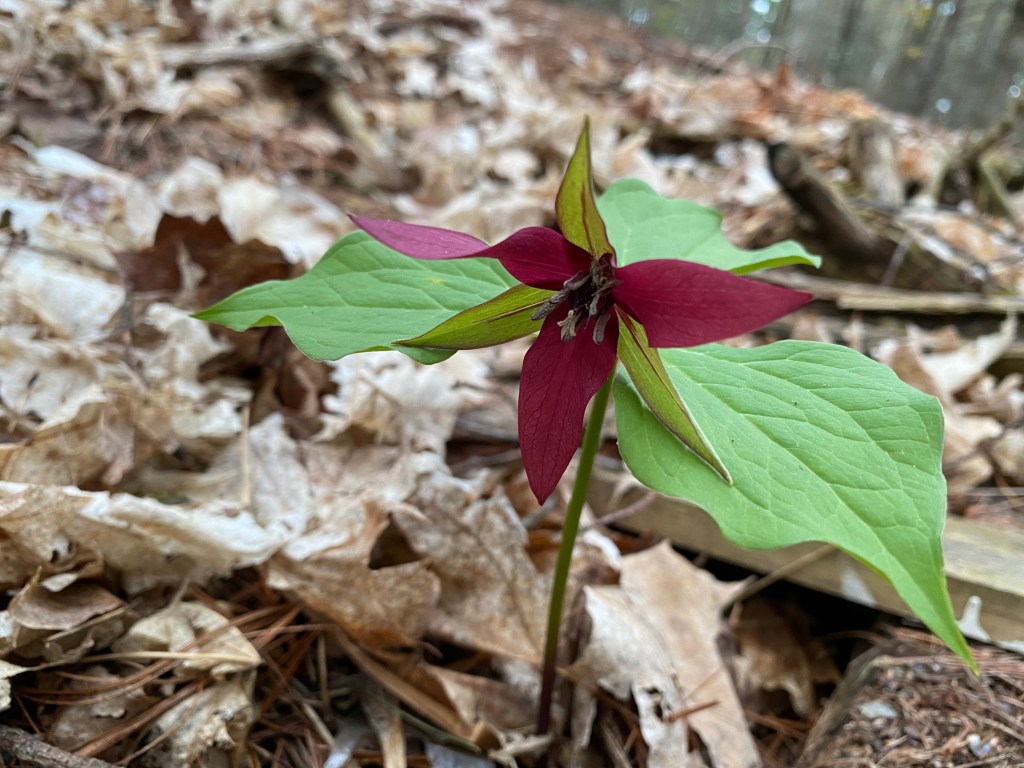Read John 3:1-17
The way Nicodemus approaches Jesus—his words and actions—reveals Nicodemus’ frame of mind. First, he asks rhetorical questions. What are rhetorical questions? They are questions with an obvious answer. “How can someone be born again?” Nicodemus asks Jesus. Here is a question that has an obvious answer in its literal meaning: No, one cannot enter a second time into the mother’s womb.[1]
He’s not finished. When Jesus tells Nicodemus that the Spirit is like the wind that blows where it chooses and “you do not know where it comes from or where it goes,” Nicodemus asks another rhetorical question: “How can these things be?”
Rhetorical questions reveal more about the one asking the question. When we ask rhetorical questions we are not so much expecting a direct answer. We are not curious and seeking understanding with an open mind as much as we are offering our question for effect. With these kinds of questions we are normally getting ready to have a debate, to have a fight. A member of the ruling council, Nicodemus the Pharisee may very well have been used to using this style of combative discourse.
Then, there is his behaviour. Nicodemus comes to Jesus at night. Maybe he is trying to hide from being spotted with the agitater, Jesus of Nazareth. As I mentioned, Nicodemus was a religious leader. As such, he belonged to the privileged establishment in Jerusalem. Was he worried about his reputation, being accused of cohorting with society’s riff-raff?
Or maybe, being someone who achieved material successes in life, he reacts against the notion of not being in control of his destiny. Jesus says, after all, that God’s Spirit is beyond our capacity to direct and control.
Whatever the case may be, Nicodemus’ words and actions reflect his fear. He has a lot to lose in his encounter with Jesus. He resists. He defends. And he pretends that he is right and that everything is alright, living life out of fear.
The words of Saint Paul in his letter to the Romans paint another picture. “We are led by the Spirit of God and [therefore] are children of God,” Paul writes. “For we did not receive a spirit of slavery to fall back into fear …”[2]
Ever chase seagulls on the beach? Or run after sandpipers across grassy dunes and windswept plains? We perceive birds to react in this skittish, fearful way. Normally, they bolt as soon as we make a noise or come too close. Their behaviour is fearful and filled with foreboding and anxiety. These are primal instincts to which they are slaves.

In the Zoom service last week, Beth shared a remarkable moment of grace she experienced while watering her flower garden recently planted. Something was blocking the end of the garden hose, so the stream came out a slow, gentle arc splashing into the ground a few feet in front of her.
All of a sudden she noticed a hummingbird approach the fountain of water at its crest. And then the bird started drinking from the stream of water coming out of the hose. The hummingbird didn’t just take a nip and skitter away. It stayed there for several incredible moments, satiating itself and filling its tiny body.
What is more, next time Beth looked, it had sat itself down on the low retaining wall bordering the garden in front of her, bathing in the water dribbling from the hose. It dipped its little head and lifted its tiny wings to wash underneath and then shook the droplets of water off.
Beth marvelled with wonder. And she confessed that in that simple moment doing simple things she had but one purpose: In the moment of the bird’s greatest vulnerability, to offer a safe space for this bird, normally skittish and reacting to fear. Here, in that holy moment and in that space, human and bird were nourished and restored.


In my life God creates this safe, trusting space where I can be nourished and where I can be restored, renewed, and given confidence to grow and engage the world, anew. Fear can ultimately serve a higher purpose of pushing me to try new things, things I need to do.
In God’s presence, however, I no longer need to speak and act out of fear and judgement. In God’s presence, I need no longer defend myself against another with self-righteous, rhetorical questions.
In the presence of God I need only trust. In trust, I am honest and vulnerable with whom I am. And I know that in God’s presence, in all areas of my life and in every decision I make, I am offered countless moments filled with grace.
“Indeed, God did not send the Son into the world to condemn the world, but in order that the world might be saved through him.”
Thank you, Beth MacGillivray, for the hummingbird photos at your feeder.
[1] John 3:1-17, the Gospel for Holy Trinity Sunday, Year B, Revised Common Lectionary, May 30, 2021
[2] Romans 8:14-15

